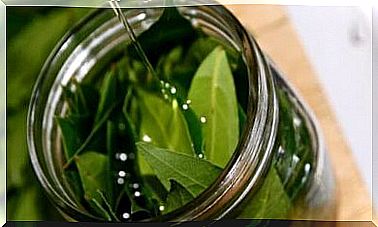Tips And Recipes For Taking Care Of Your Kidneys
Kidney function is vitally important to the body. Do you think you take care of them the way they deserve? Consider the following tips.
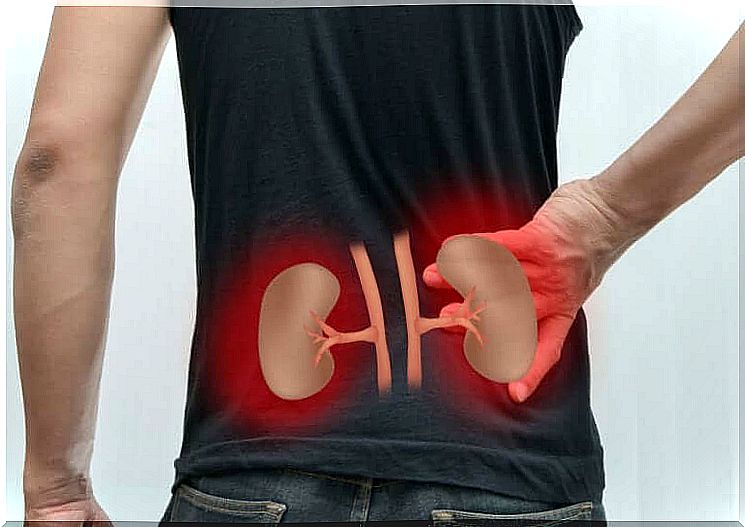
The kidneys are organs that perform important functions for the body. Basically, they produce urine, remove waste products from body processes, and filter waste products from the blood, among other things. Here are some tips to help you take care of your kidneys
Tips for taking care of your kidneys
Kidney failure is a condition that affects the kidneys and reduces their effectiveness for the functions previously detailed. Some of its direct consequences are anemia, altered body acid balance and an increased risk of cardiovascular disease or infection, according to a study published in 2015.
To prevent it, it is essential to adopt certain lifestyle habits that protect the health of these organs. We offer you below some keys to take care of your kidneys and thus avoid kidney failure and its complications.
1. Control cholesterol
According to a study published in Clinical Nephrology , a link has been found between high levels of LDL – the “bad” cholesterol – and proteinuria, which is excess protein in the urine. This symptom is often an indicator of chronic kidney disease.
It is therefore concluded that people who have high cholesterol are more likely to suffer from kidney problems. It is therefore important not to overload the kidney with fatty foods.
Trans fatty acids are abundant in foods such as junk food, candy, and other refined products. It is better to avoid them, or at least to reduce their consumption.
2. A good diet
A diet of fruits, vegetables, grains, grains with a high fiber content is the best option for taking care of your kidneys. This is because, as a medical article from WebMD indicates, eating a balanced diet helps regulate body weight, blood pressure, and blood glucose levels, which are good for the kidneys.
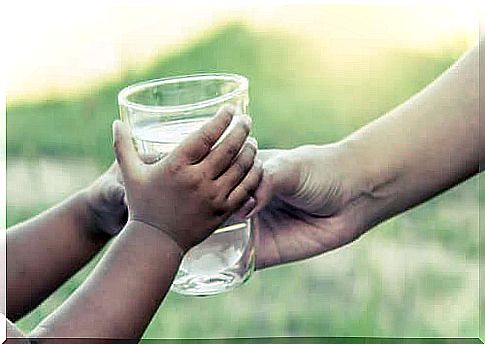
3. Drinking water will help your kidneys
Water helps the kidneys dissolve substances and remove wastes from processes in the body. It is therefore recommended to drink between 1.5 and 2 liters of water per day, although this parameter may vary depending on the characteristics and needs of the individual. Consult your doctor for more details.
And be careful! The WebMD article cited above warns that while it is difficult to do so, it is not good to overdo it in your daily water intake. How do we know if we are consuming enough? If your urine is light in color, that’s fine, but if it’s yellow or dark, drink water!
4. Reduce the salt
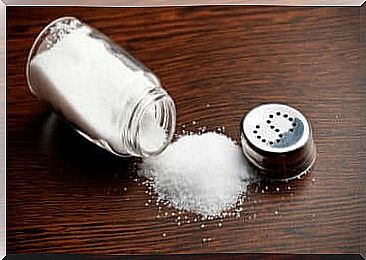
Salt, especially refined salt, is one of the kidneys’ main enemies. The problem is excessive salt intake, as it can cause hypertension, as research published in Archivos de Cardiología de México shows .
Therefore, it is recommended that you eat with little salt and avoid foods that contain a lot of salt, such as French fries and similar snacks.
5. Avoid smoking
The Revista Med , a publication of researchers from the Universidad Militar Nueva Granada in Colombia, said that smoking increases the likelihood of renal failure. For this reason, it is best to avoid this harmful habit to prevent this type of pathology.
Important aspects of taking care of your kidneys
As we have seen, kidney failure can have multiple triggers, so it becomes important to maintain overall health. This means adopting a lifestyle that avoids disease as much as possible.
In this sense, maintaining an adequate weight can be a positive for taking care of your kidneys. Dietary fiber can help you with this mission, as a study published in the journal Nutrition indicates .
In addition, the diuretic action of certain foods offers the possibility of controlling blood pressure and even helping to treat certain kidney diseases, as a publication from the Texas Heart Institute explains.
This is perhaps one of the most important questions for kidney health. According to the National Institute of Diabetes and Digestive and Kidney Diseases, if the blood vessels are damaged, the kidneys lose their efficiency ; which, in turn, would further increase blood pressure by retaining fluid in the body. A dangerous vicious circle is then created.
A purifying juice to take care of your kidneys
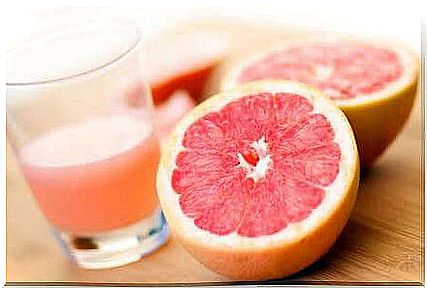
Here is the recipe for a natural juice that has many of the properties mentioned above. Plus, it tastes delicious and you will love it!
Ingredients
- 1 mango : this fruit provides fiber to the body.
- Juice of 2 grapefruits : A study published in the Journal of Medicinal Food indicates that grapefruit not only helps maintain a healthy weight, but also lowers the level of glucose in the blood after consumption.
- Juice of 2 oranges : Research cited in a WebMD publication details that orange juice, due to its antioxidants, is very good for cardiovascular health. Therefore, it also benefits the kidneys.
- ½ melon : in this case, it is a fruit that provides significant amounts of fiber, according to a study published in Food Chemistry .
Preparation
- First, prepare grapefruit and orange juice and add it to the blender.
- Then add the peeled mango and melon.
- You can add honey if you want it sweeter.
- You can also add ice and make a cleansing smoothie.
Medical exams to take care of your kidneys
Beyond the clues offered in this article, it is important to make a medical consultation in case you suffer from symptoms that may indicate a pathology of the kidneys. Remember, this is a problem best dealt with on time, so always follow the advice given by the professional!


